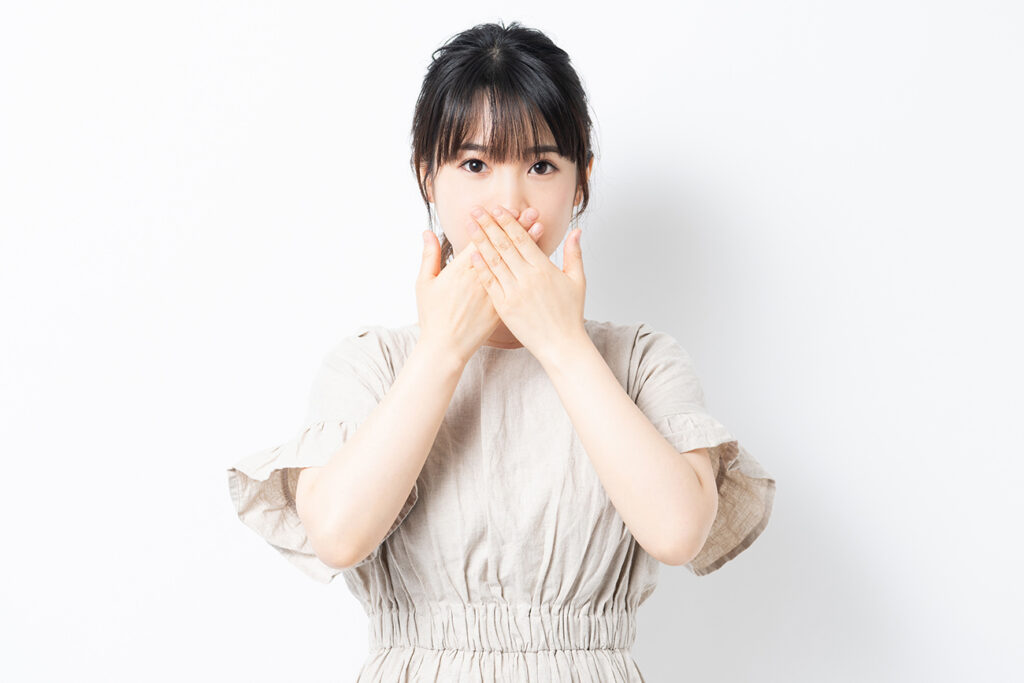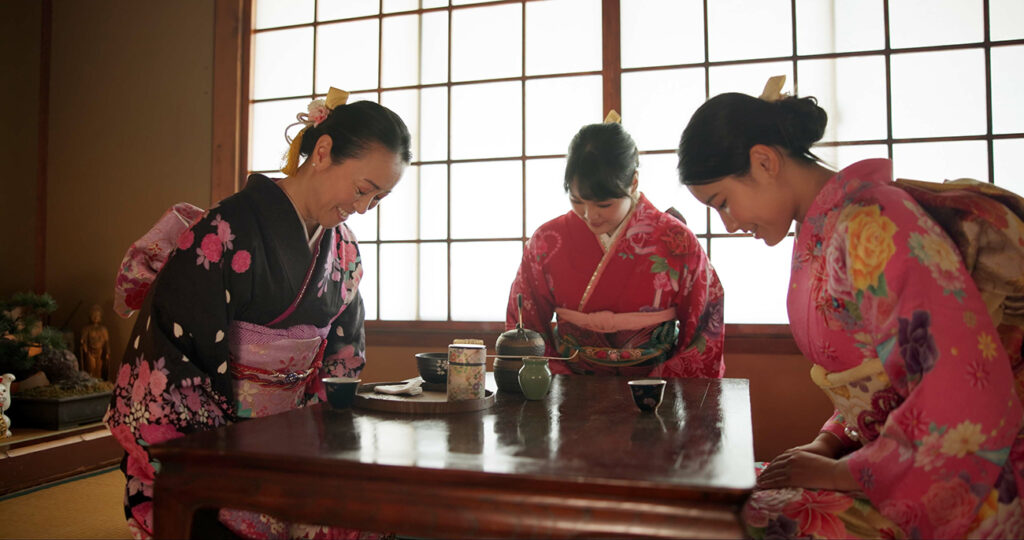
Why Silence Speaks Volumes in Japanese Culture
When you think of Japan, maybe you picture neon lights, anime, sushi, or cherry blossoms. But here’s something a lot deeper—and way more surprising: silence is one of the most powerful ways to communicate in Japanese culture. While many Western cultures love to “say what’s on your mind,” in Japan, not saying something can say everything.
The Power of Saying Nothing
In Japan, silence isn’t awkward—it’s respectful. In a classroom, a train, or even during a serious conversation, being quiet shows you’re thoughtful and in control. Instead of rushing to respond or filling the air with words, people pause, reflect, and respond carefully. That silent pause? It’s not empty—it’s loaded with meaning.
Imagine texting someone and not getting a reply right away. In most places, that feels like being ghosted. But in Japan, silence could mean the person is thinking carefully about their response. Or they’re showing that they respect the conversation enough not to rush it. Mind-blowing, right?
Reading the Air
There’s a popular Japanese phrase: “kuuki wo yomu”—it means “reading the air.” Basically, it’s the idea of picking up on subtle clues around you—body language, vibes, context—without needing words. In social settings, this skill is everything. You’re expected to understand how people feel even if they don’t say it out loud.
This is especially big in group situations. If you’re out with friends or classmates, knowing when to talk and when to stay quiet can help keep the harmony. It’s less about standing out, and more about being in sync with everyone else.
Not Weird, Just Different
If you’re from a culture where speaking up is encouraged, this might seem strange. But once you get used to it, it’s kind of peaceful. You realize how often people talk just to fill space. In Japan, silence is space. It’s comfort. It’s a way of saying, “I’m here, I’m listening, and I don’t need to speak to connect.”
So Why Does It Matter?
Understanding the role of silence in Japan helps you avoid misunderstandings, especially if you plan to travel there, make Japanese friends, or even work in a Japanese company. You’ll start to notice things others miss—like a glance, a sigh, a pause—and that’s where the real meaning lives.
Sometimes, the loudest things in Japan… are said without a single word.


